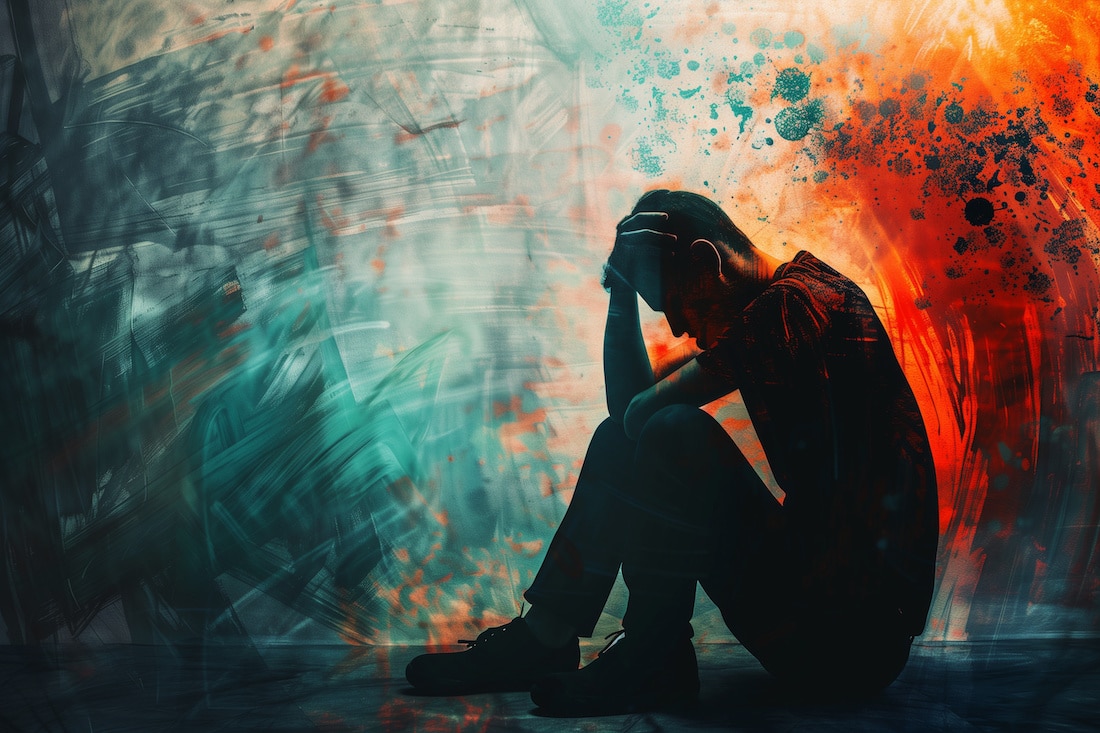 Most people are aware of the damage that drug abuse causes the body. The dangers that surround drug addiction have been well documented, and can be extremely deadly. For these reasons, along with many more, scientists have dedicated years of research to study the effects of opiates on the brain.
Most people are aware of the damage that drug abuse causes the body. The dangers that surround drug addiction have been well documented, and can be extremely deadly. For these reasons, along with many more, scientists have dedicated years of research to study the effects of opiates on the brain.
Researchers from Johns Hopkins University discovered valuable information while studying drug addiction in 1972. According to the researchers, the human brain has special neurons whose job is to serve as a receptor site for all opiate drugs. Heroin, morphine, Oxycontin, and codeine each have specific receptors in the brain.
How Opiates Work in Your Body
Once an opiate finds its way to the brain, it quickly activates the opiate receptors. The brain then produces the same type of effect that belongs in the area of the brain involved. Opiates generally produce two effects: pleasure and pain relief.
For More Information About Our Addiction Treatment Programs
Call Us At: (310) 455-5258
The brain produces special and unique substances called endorphins, which activate each opiate receptor. Endorphins are thought to be involved in a number of bodily functions, such as breathing, nausea, vomiting, pain, and hormone supervision. They are also the body’s very own “feel good” drugs. Once you feel pain or extreme stress, endorphins go to work proving you with a sense of calm and rationality. Endorphins are your natural response to external problems.
Once activated, endorphins make their way into the space that lies between nerve cells. They prevent your brain’s neurons from firing and, in turn, produce a very analgesic effect. It is also possible for endorphins to excite the neurons in your brain. When endorphins work their magic, you will feel high and feel little to no pain. It goes without saying that the manufacture and release of endorphins increases when you get very excited, exercise, or are extremely stressed out.
Using Opiates Safely
If your doctor prescribes opiates to treat a specific condition and you take the medication as directed, there is an extremely low chance you will develop a drug addiction. On the other hand, if you take opiates in excessive doses or against the direction of your doctor, a drug addiction can easily develop.
Opiates activate the reward system of your brain when or if you develop an addiction. While it is true that you can experience a few brief moments of pleasure by abusing opiates, the outcome will never change — you will find yourself battling an addiction that will require you to enter drug rehab for addiction treatment.
If you or a loved one are struggling with addiction to opiates, please call us at (310) 455-5258 or submit the form below to learn more about our addiction treatment programs in Los Angeles.



